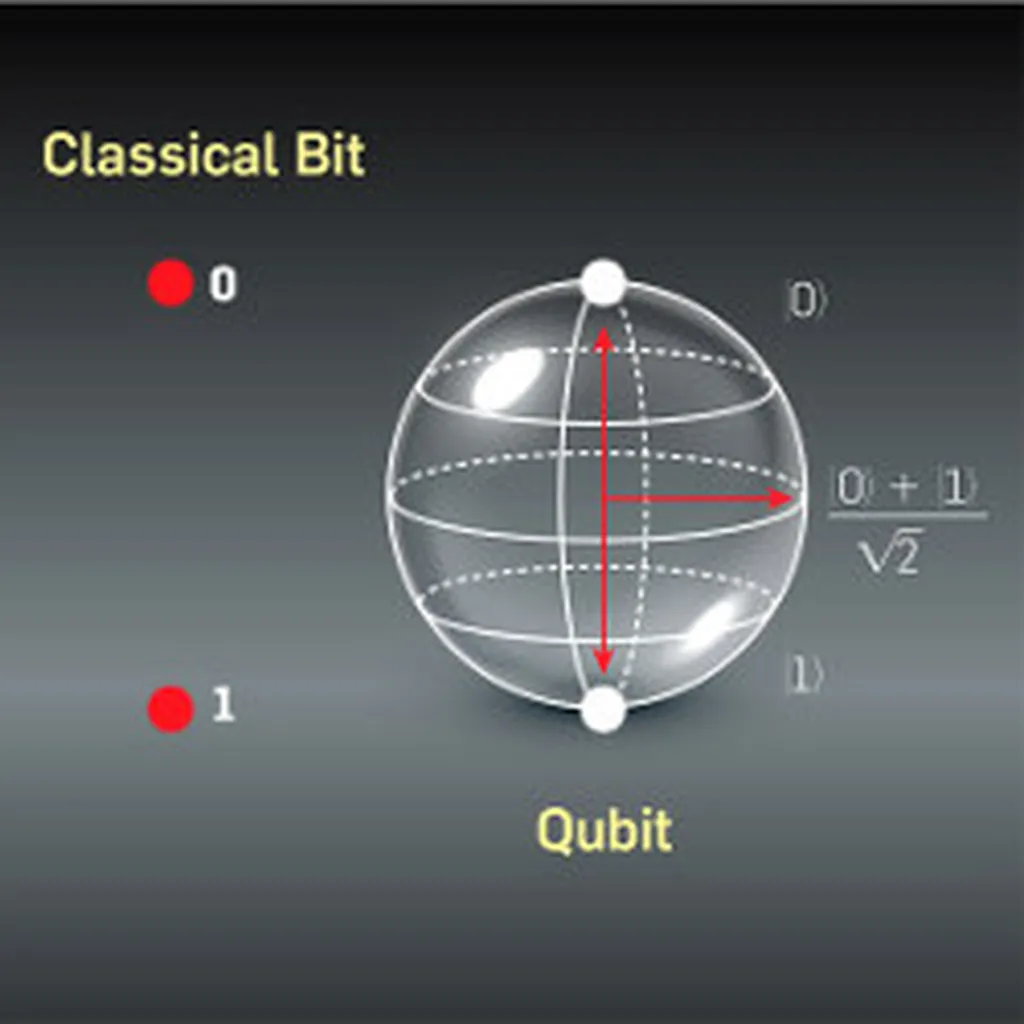In the rapidly evolving world of quantum computing, a significant stride has been made in improving the accuracy and scalability of qubit readout, a critical challenge in the field. Researchers, led by Giuseppe Di Guglielmo from Fermi National Accelerator Laboratory in Batavia, IL, USA, have developed an end-to-end workflow that embeds machine learning (ML) models into quantum instrumentation control systems. This innovative approach promises to enhance quantum information processing applications, with potential implications for the energy sector.
The team’s work, published in the IEEE Transactions on Quantum Engineering (which translates to IEEE Transactions on Quantum Engineering in English), focuses on superconducting qubit readout, a crucial aspect of quantum computing. By leveraging the Quantum Instrumentation Control Kit (QICK) platform, built on Xilinx radiofrequency system-on-chip field-programmable gate arrays (FPGAs), the researchers have successfully integrated ML models to improve readout accuracy.
“Our goal was to address the critical challenges in qubit readout accuracy and scalability,” said Di Guglielmo. “By embedding ML models into the QICK platform, we’ve created a workflow that is both efficient and user-friendly.”
The workflow utilizes the hls4ml package and employs quantization-aware training to translate ML models into hardware-efficient FPGA implementations. This process is facilitated by user-friendly Python application programming interfaces, making it accessible to a broader range of users.
The team demonstrated the effectiveness of their approach by designing, optimizing, and integrating an ML algorithm for single transmon qubit readout. The results were impressive, achieving 96% single-shot fidelity with a latency of just 32.25 nanoseconds and less than 16% FPGA lookup table resource utilization.
The implications of this research are far-reaching. In the energy sector, quantum computing has the potential to revolutionize everything from grid management to complex system simulations. Improved qubit readout accuracy and scalability could accelerate the development of practical quantum applications, bringing us closer to realizing the full potential of quantum computing.
As Di Guglielmo noted, “This workflow offers the community an accessible path to advance ML-driven readout and adaptive control in quantum information processing applications.” The research not only advances the field of quantum computing but also paves the way for innovative solutions in the energy sector and beyond.
In the quest for more efficient and sustainable energy solutions, the integration of ML and quantum computing could be a game-changer. By improving qubit readout accuracy, this research brings us one step closer to unlocking the power of quantum computing for real-world applications. As the field continues to evolve, the impact of this work could be felt across various industries, driving innovation and progress.

